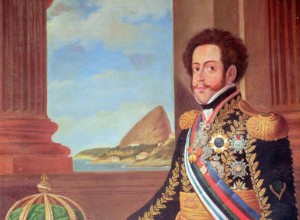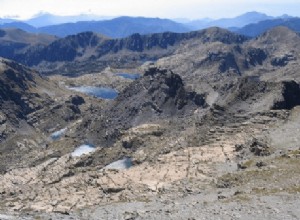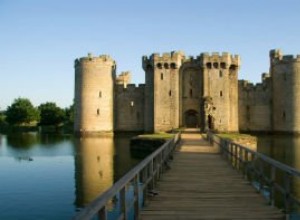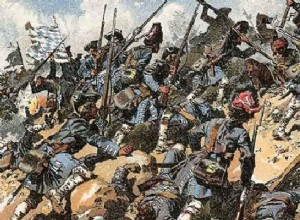The Constitution of 1824 is known as the first Constitution in the history of our country. This document was prepared in the context of post-independence Brazil. Its production process was tense and marked by conflicts between d. Pedro I, Emperor of Brazil, and the members of the Constituent Assembl




